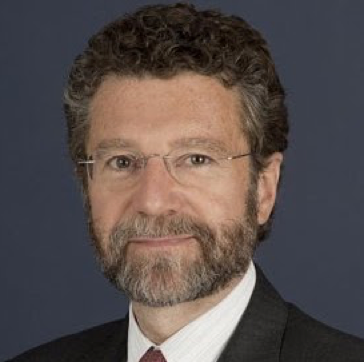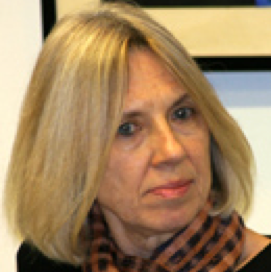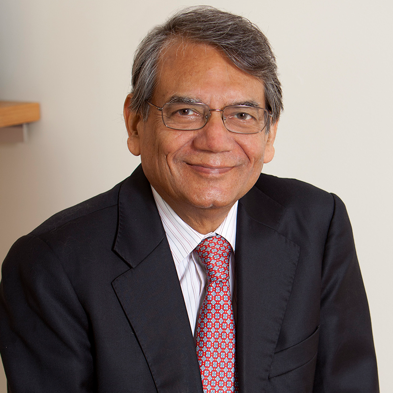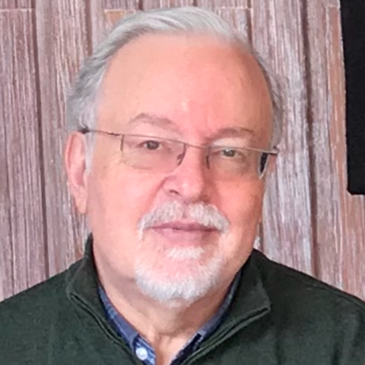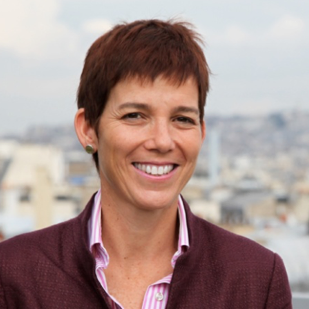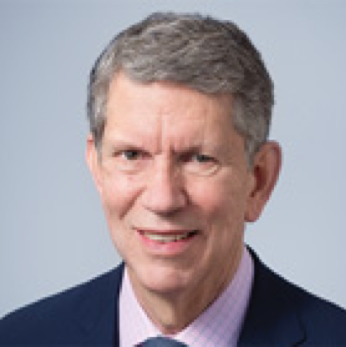Maria Emilia Freire is a Professorial Lecturer at Johns Hopkins-SAIS, where she teaches urban economics, and an Independent International Consultant and former Senior Advisor to the World Bank with expertise in macroeconomics, public finance, decentralization, and urban economics. She is an internationally recognized expert on urban economics and public finance, including sub-national finance, municipal finance and related reforms, and national and municipal levels. Dr. Freire worked at the World Bank for more than twenty years. Prior to her retirement, she held management and research positions as Senior Advisor to the Sustainable Development Vice-Presidency and Urban Anchor, Manager of the Urban Department in Latin America, and Director of the Urban Management Program at the World Bank Institute. She has led major programs in Africa and Latin America on sub-national government reform, Housing and Urban Development, and advised teams in several countries including Argentina, India, Bangladesh, Mongolia, Burundi, Rwanda, Brazil, Argentina, Morocco, Egypt, and Peru. Dr. Freire holds a Ph.D. in Economics from the University of California, Berkeley and graduate degrees from the Technical University in Lisbon, Portugal. She is a member of the European Association of Regional Economics, the Advisory Board of the Center for African Cities, as well as the Advisory Board of the Global City Indicators Facility.


